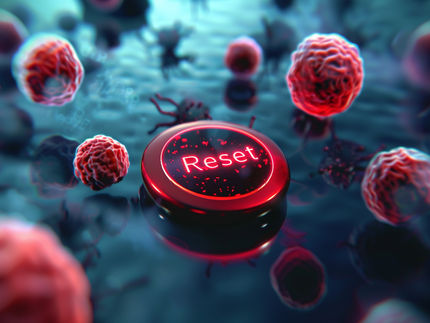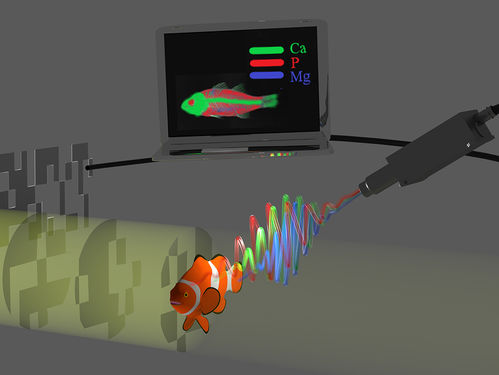Explaining why myasthenia patients relapse after treatment
Advertisement
A new Yale-led study helps explain why some myasthenia gravis (MG) patients relapse after initially responding to a drug called rituximab, commonly used to treat the incurable autoimmune disease marked by muscle weakness and fatigue.
In patients with MG, B cells — a subset of white cells that produce antibodies — are abnormal and attack the neuromuscular junction in muscle tissue creating weakness and fatigue.
“While therapy with rituximab eliminates B cells, they remain abnormal after regenerating and contribute to relapse,” said Dr. Kevin C. O’Connor, associate professor of neurology and co-senior author of the report.
“Disease relapse following successful rituximab treatment could be predicted, allowing physicians to tailor therapy on an individual basis,” said Dr. Richard Nowak, the co-senior author of the report and director of the Yale Myasthenia Gravis Clinic.
Original publication
Other news from the department science
Most read news
More news from our other portals
See the theme worlds for related content
Topic world Antibodies
Antibodies are specialized molecules of our immune system that can specifically recognize and neutralize pathogens or foreign substances. Antibody research in biotech and pharma has recognized this natural defense potential and is working intensively to make it therapeutically useful. From monoclonal antibodies used against cancer or autoimmune diseases to antibody-drug conjugates that specifically transport drugs to disease cells - the possibilities are enormous

Topic world Antibodies
Antibodies are specialized molecules of our immune system that can specifically recognize and neutralize pathogens or foreign substances. Antibody research in biotech and pharma has recognized this natural defense potential and is working intensively to make it therapeutically useful. From monoclonal antibodies used against cancer or autoimmune diseases to antibody-drug conjugates that specifically transport drugs to disease cells - the possibilities are enormous




























































